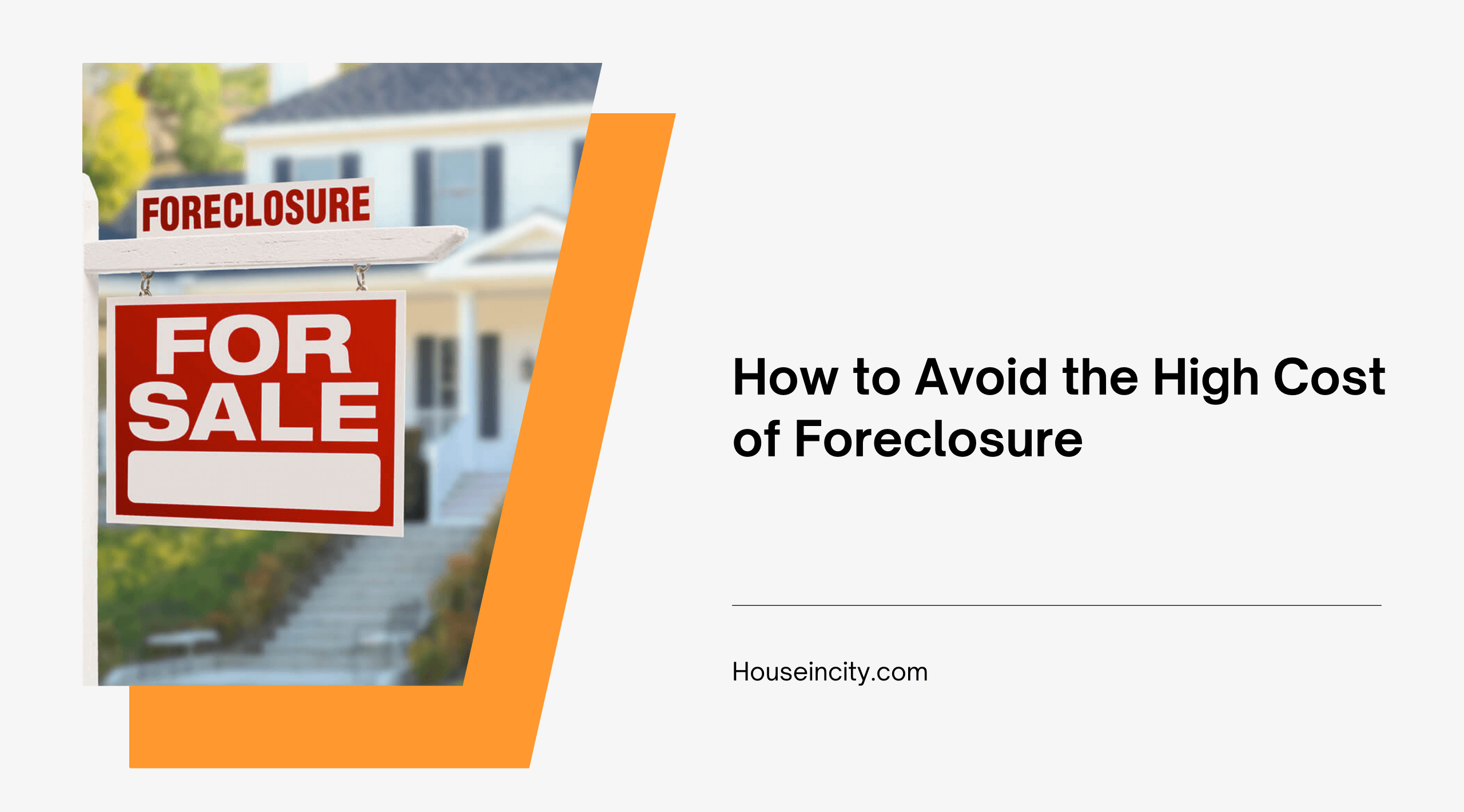Have you missed one or more home mortgage payments? Are you worrying about making your next home mortgage payment? If so, you aren’t alone. According to the Mortgage Banker’s Association, more than two million Americans missed at least one home mortgage payment last year.
Adjustable rate mortgages, unemployment, irresponsible spending and other issues continue to cost homeowners, banks and lenders. Foreclosure can cost you more than the roof over your head. It can also cause serious credit repercussions, ruining your credit for years to come.
Once you realize you’re going to have trouble meeting a home mortgage payment due date, contact your bank or lender immediately. One of the biggest mistake borrowers make is failing to communicate with their lenders in a timely manner. Failure to communicate can result in default, followed by foreclosure.
Many banks and other lenders are more than willing to work with you. They don’t want foreclosure any more than you do. When is it too late to make the call? Once you miss three or four payments, you’re in default and the foreclosure proceedings are put in place. Once you’re in default, foreclosure is imminent unless you manage to cover all late fees and payments or can reach a suitable agreement with your lender.
Credit Counseling Agency and Non-Profit Organizations
Credit counselors will assist you in analyzing your financial status and help you determine if you can budget your way out of financial crisis. Your bank or lender doesn’t have to know that you are seeking assistance. Both non-profit and credit counseling agencies will know what assistance is available and how to find out if you qualify.
Lender Programs
It’s important to communicate with your bank or lender because many lenders have programs already in place to help you avoid losing your home and credit rating. Frequently available options include:
Forbearance.
Forbearance agreements allow you to pay less each month or even postpone payments altogether until a later date. Interest usually continues to accrue and you’ll have to “catch up” payments once the crisis passes. Don’t hesitate to see if you qualify.
Modification.
Modification is the act of modifying the terms of your home mortgage to make the payments more affordable. Some lenders will allow you to add missed payments or extend the length of your loan, resulting in smaller payments at the moment.
Reinstatement.
Reinstatement may be combined with forbearance. You agree to catch your payments up by an agreed upon specific date.
Moving
If you simply cannot afford your home mortgage, you can still take action to avoid foreclosure. If you’ve owned your home long enough to build up some equity, selling may result in proceeds that cover your financial needs. For those who have no equity in their home, some banks and lenders will agree to accept whatever amount your home sells for and consider your debt paid in full.
If all else fails, find out if your lender will accept the deed to your home and cancel the debt instead of foreclosing. You may find yourself facing tax issues and your credit will still be affected. The damage, however, will probably be reducible. Once foreclosure occurs, the damage to your credit is done.
Beware Scams
Beware foreclosure rescue scams. Don’t sign your deed over to someone who claims they will take care of the payments and save your home. Often claiming to be foreclosure consultants or foreclosure service companies, these scam artists tell you they’ll save the house, often explaining that you’ll be renting your home for a few years then buy it back from them. The bottom line: they’ll take your deed and run.
Don’t sign any documents without having your lawyer check them out first. Don’t let them pressure you. Legitimate companies are willing to sit down with you and your lender and aren’t afraid of background checks. They’re willing to provide references.
If you’re one of the more than two million Americans who missed a home mortgage payment and are worrying about making your payment, there are things you can do to avoid foreclosure and the resulting credit damage. Communicate with your lender immediately. See what programs are available and if you qualify for any of those programs.
Keep communication lines open. If worst comes to worst, there’s a chance you could still reach an agreement that allows you to avoid foreclosure. Don’t be pressured into falling for a foreclosure scam. The actions you take now will affect your finances and your credit rating for years to come.
